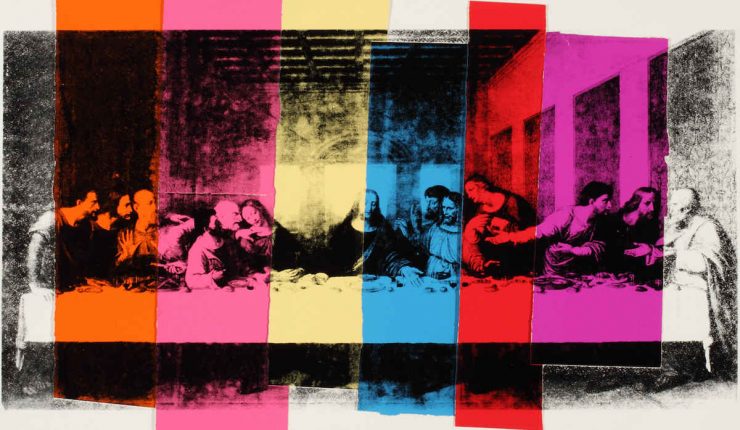Category: Articles
-
my 2¢ about $1000 Satan Shoes
If you haven’t been privy to one or both sides of the shouting match about a music video that dropped a few days ago, and the sale of the shoes that go with them, here’s the update. Rapper LilNasX made a music video with graphic imagery sexualizing satan (?) In the video, he wears custom…
-

Maundy Thursday – A Reflection on Betrayal
Today is the day before Good Friday, just over half-way from Palm Sunday to Easter Sunday. A strange day referred to in the traditional Christan calendar as “Maundy Thursday.” Or, as most kids who grew up in church think it’s called: “Monday-Thursday” It coincides with the traditional celebration of the Seder Supper – the marking…
-
Family
{this post originally appeared on our team blog} My brother and his wife and their four kids were here over Christmas and we had a fantastic 3-weeks together. It’s the second time we’ve seen them since 2014, the third time since 2010. Yet we feel so close to them. The same day they left our…
-
Divine Love
{this was originally a post Susan wrote on our Team Blog} What i’m about to tell you is a love story. This is one of the greatest love stories I’ve ever experienced. It involves unconditional love, costly sacrifice, incredible patience and perseverance. But this is not your usual love story. This is the love story between a young a…
-
LETTING THEM FALL IS HARD
Our family has spent 8 of the past 16 years in France – and if there’s one thing that I’ve noticed is that they take a decidedly different approach when it comes to teaching kids to do certain things. Yes, our kids had four-course meals subsidized by the state at the cafeteria at the public…